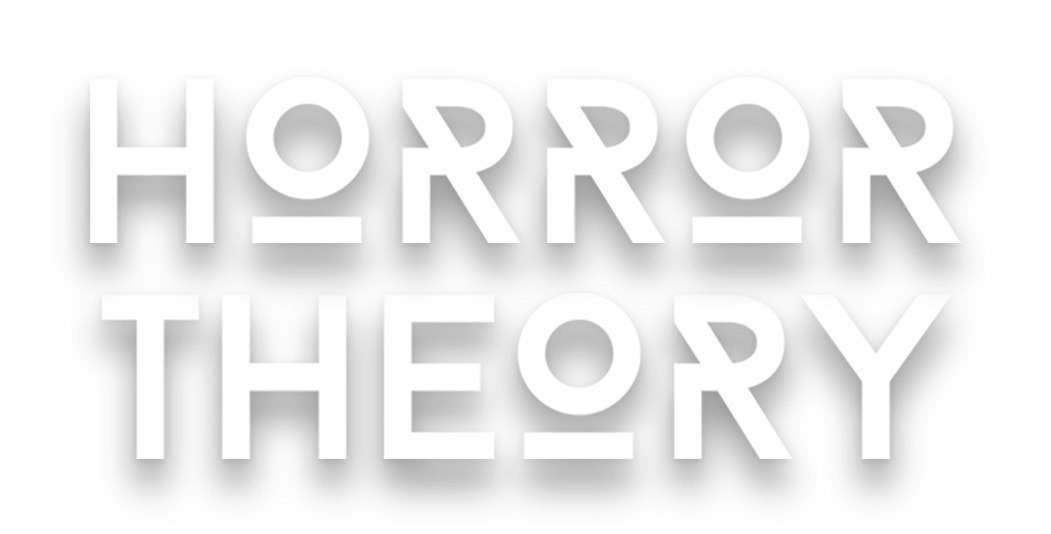Since its 2015 premiere, ‘The Witch’ remains one of the most poignant period horror films of the past decade. The supernatural horror film about a puritan family’s violent encounters with a New England coven was writer and director Robert Eggers’ debut film, before he went on to make 2019’s equally-chilling period horror film, ‘The Lighthouse.’
Leading up to the critically-acclaimed debut of ‘The Witch,’ Eggers revealed some of the inspirations around the film. According to the New Hampshire-born filmmaker, the inspiration for ‘The Witch’ came during his childhood when e would frequently visit Plimoth Plantation in Plymouth, Massachusetts, which replicates an original settlement of the Plymouth Colony from the 17th century.
The Witch premiered at the 2015 Sundance Film Festival, where it won Eggers the Best Director award. The filmmaker explained at a New Hampshire Film Festival screening of The Witch:
“When it came to the writing of this piece, it came from the source material. What was really interesting about the research, was that aside from the extreme intelligentsia, the fairy tale world and the real world were the same thing. We looked at fairy tales and folk tales, but also diaries and accounts of real witchcraft and court records, and you see the same tropes throughout, the same witch. It was really cool to realize that doing a fairy tale as if it could really exist was the most realistic portrayal of the 17th century that the layperson would have experienced. If I could take a Puritan’s nightmare as I would envision it and upload it into the audience’s mind’s eye, that was the goal.
The Witch went on Read the full story on IndieWire: How Robert Eggers Combined History and Childhood Horrors in ‘The Witch’
Eggers’ next film is called The Northman, a historical Viking tale set in Iceland at the turn of the 10th century. and follows a Nordic prince who seeks revenge for his father’s murder. Filming was negatively affected by the COVID-19 pandemic, with filming happening right now in Malin, according to Irish Mirror.
